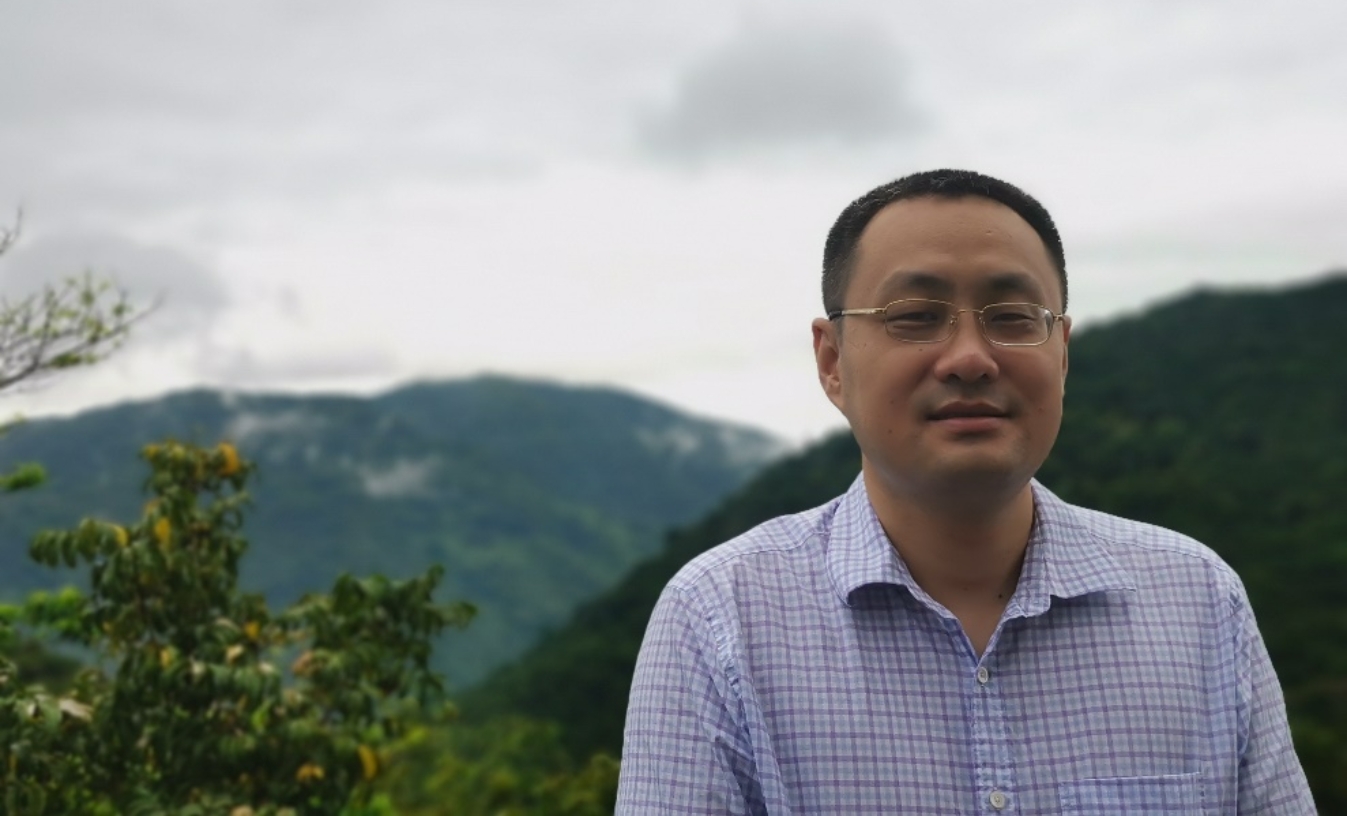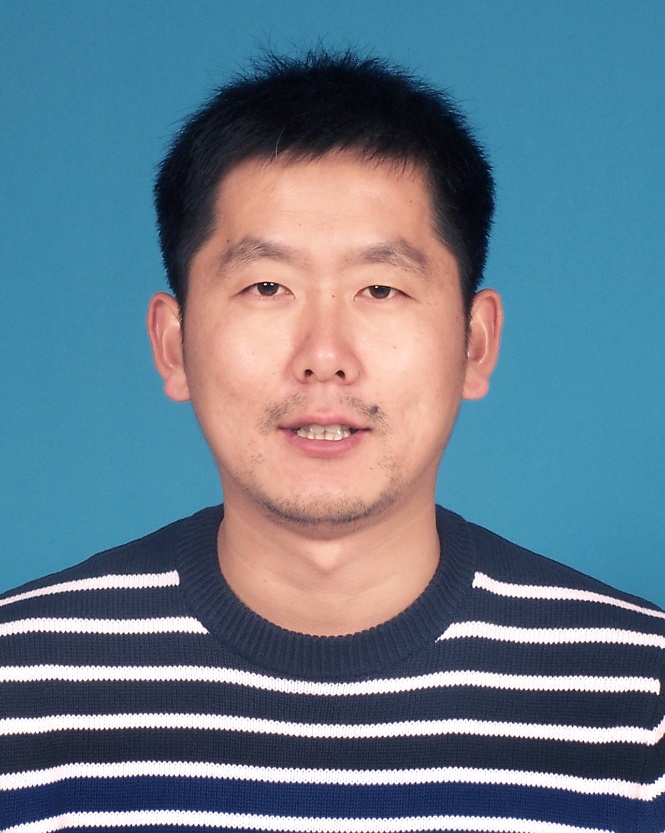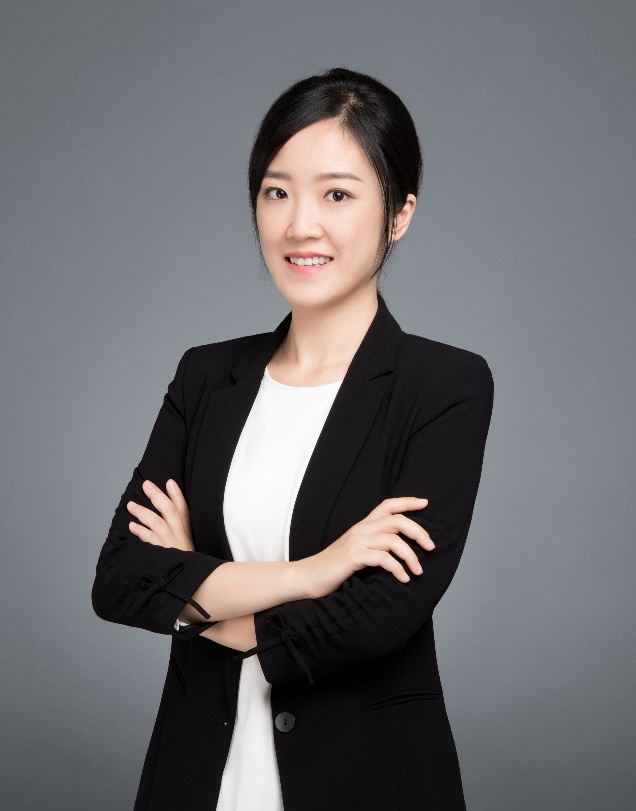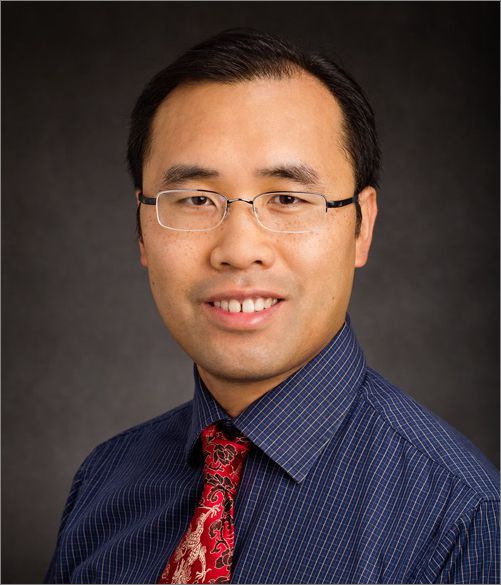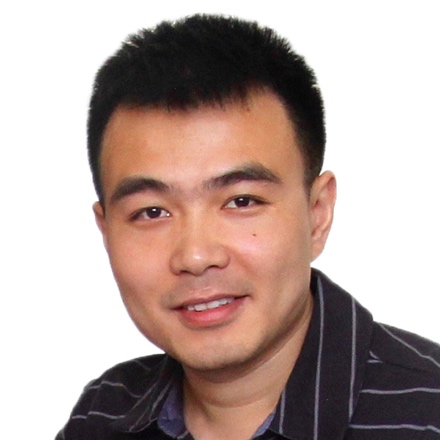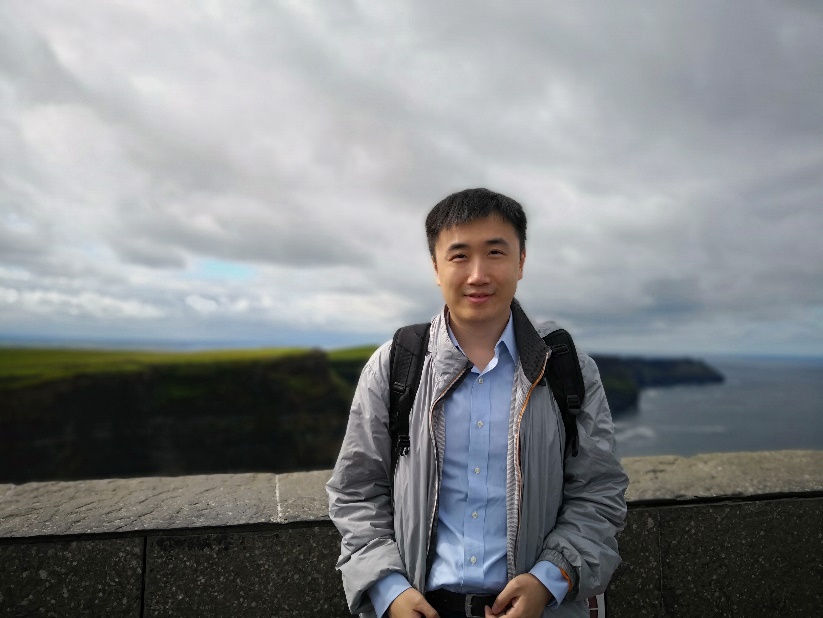Peking University, September 28, 2020: On September 25, the winners list of the 2020 Xplorer Prize was officially unveiled. Seven faculty members from Peking University were awarded. They are:
Dong Subo, researcher from the Kavli Institute for Astronomy and Astrophysics (Award Field: Astronomy and Geoscience);
Piao Shilong, professor from the College of Urban and Environmental Sciences (Award Field: Astronomy and Geoscience);
Chen Xing, professor from the College of Chemistry and Molecular Engineering (Award Field: Chemistry and New Materials);
Huang Qianqian, researcher from the Institute of Microelectronics (Award Field: Information and Electronics Technologies);
Xie Tao, chair professor from the Department of Computer Science and Technology (Award Field: Information and Electronics Technologies);
Song Bai, researcher from the Department of Energy and Resources Engineering of the College of Engineering (Award Field: Advanced Interdisciplinary Studies);
Yang Yue, professor from the Department of Mechanics and Engineering Science of the College of Engineering (Award Field: Advanced Interdisciplinary Studies).
Each winner will be awarded a total of three million yuan in the course of five years by Tencent Foundation.
The Xplorer Prize is a non-governmental and public interest award for young scientists and technicians aged 45 and under who are working full-time in the Chinese mainland, Hong Kong or Macao. It is initiated by Ma Huateng, chairman and chief executive officer of Tencent and founder of the Tencent Foundation, and other well-known scientists.
As the youngest among the 50 prizewinners, Huang Qianqian, at the age of 30, expressed her delight, “It not only acknowledges my research in the past but also inspires my further scientific exploration in the future.”
There is no end to scientific inquiry. When Chen Xing learned the news of winning the prize, he was in the midst of concentrating on his future research direction. “I’ll keep on with my studies, using chemical methods, on the role that glycosylation plays in related human diseases such as cancer and cardiovascular disease.”
Similar to Chen Xing, Huang Qianqian is also pondering over how to promote the realization of an extremely low power consumption circuit and chip oriented toward the Internet of Things and other application scenarios. Meanwhile, Song Bai has established an open thermology lab at Peking University to freely discuss interesting and practical questions about heat and cold, to understand their mechanisms, and to push the limits. Yang Yue is now devoted to finding new methods of theoretical research on turbulence, while Xie Tao hopes to approach the unmanned software testing someday in the future. This award does not signal the end of their journey; in fact it is only the beginning. While this award acknowledges the efforts that they have put in, they are nonetheless in pursuit of greater heights.
The award ceremony of the 2020 Xplorer Prize is to be held in Beijing on November 14 when the 50 prizewinners will make their appearance. Many representative scientists will also be invited to witness this moment of honour.
About the awardees from Peking University
Dong Subo
Dong Subo, after his graduation from Nanjing University he went to the United States for further education. He got his Ph.D. in astronomy from the Ohio State University and then he was supported by the first Carl Sagan Medal of NASA and did postdoctoral research at the Institute for Advanced Study. Since coming back to China in the fall of 2013, he has been a researcher at the Kavli Institute for Astronomy and Astrophysics. He made some original discoveries in the field of microlensing, extrasolar planet and supernova.
Piao Shilong
Piao Shilong is mainly engaged in physiography research. In the field of global change, he made some innovative achievements in terrestrial ecosystem carbon cycling, impact of climate change on vegetation and the feedback of vegetation change on climate. As the first or corresponding author, he published 6 papers in Nature, 15 papers in Nature sub-journals and 5 papers in PNAS. He won the World Academy of Sciences (TWAS) Awards in Earth. He was also selected as one of the Clarivate Global Highly Cited Researchers from 2017-2019.
Chen Xing
Chen Xing is dean and professor of the College of Chemistry and Molecular Engineering. He is also a senior researcher at the Peking-Tsinghua Center for Life Sciences (CLS) and a researcher at Synthetic and Functional Biomolecules Center (SFBC). He won the OKeanos-CAPA Senior Investigator Award, ACS David Gin New Investigator Award and IGO Young Glycoscientist Award. His current research interest mainly lies in chemical glycobiology.
Huang Qianqian
Huang Qianqian is a researcher and Ph.D. supervisor of the Institute of Microelectronics. Her research interests lie in new semiconductor device technology and its applications. She has published more than 60 papers, among which 9 papers have been published as first/correspondent authors in leading international conferences in microelectronics like IEDM and VLSI. She has applied for more than 70 patents, including more than 10 internationally authorized patents and more than 40 domestically authorized patents. She has won many awards and honors including IEEE Electron Devices Society Early Career Award.
Xie Tao
Xie Tao is a chair professor from the Department of Computer Science and Technology. He is also a deputy director of Key Lab of High Confidence Software Technologies (PKU), Ministry of Education, AAAS Fellow, IEEE Fellow, ACM Distinguished Scientist and CCF Distinguished Member. His research areas are software engineering, system software and software security.
Song Bai
Song Bai is now the deputy director and researcher of the Department of Energy and Resources Engineering, College of Engineering. After he got his bachelor’s and master’s degree from Tsinghua University, he received his Ph.D. from the University of Michigan, Ann Arbor. Then he went to MIT to finish his postdoctoral research. Song has been studying and researching in the field of thermal science for nearly 20 years. He has designed and completed a number of innovative experimental platforms and micro-nano devices.
Yang Yue
Yang Yue received his bachelor’s degree from Zhejiang University in 2004, master’s degree from Institute of Mechanics, Chinese Academy of Sciences in 2007 and Ph.D. from California Institute of Technology in 2011. Then he did his postdoctoral research at Princeton University and Cornell University. He is now a professor in the Department of Mechanics and Engineering Science, College of Engineering. He is member of the editorial board of Science Bulletin, Science China – Physics, Mechanics & Astronomy, Acta Mechanica Sinica and Advances in Mechanics. His main research areas are turbulence, transition and combustion.
Written by: Liu Chang, Zou Xueyang
Edited by: Ng Joong Hwee
Source: PKU News (Chinese), Xplorer Prize
